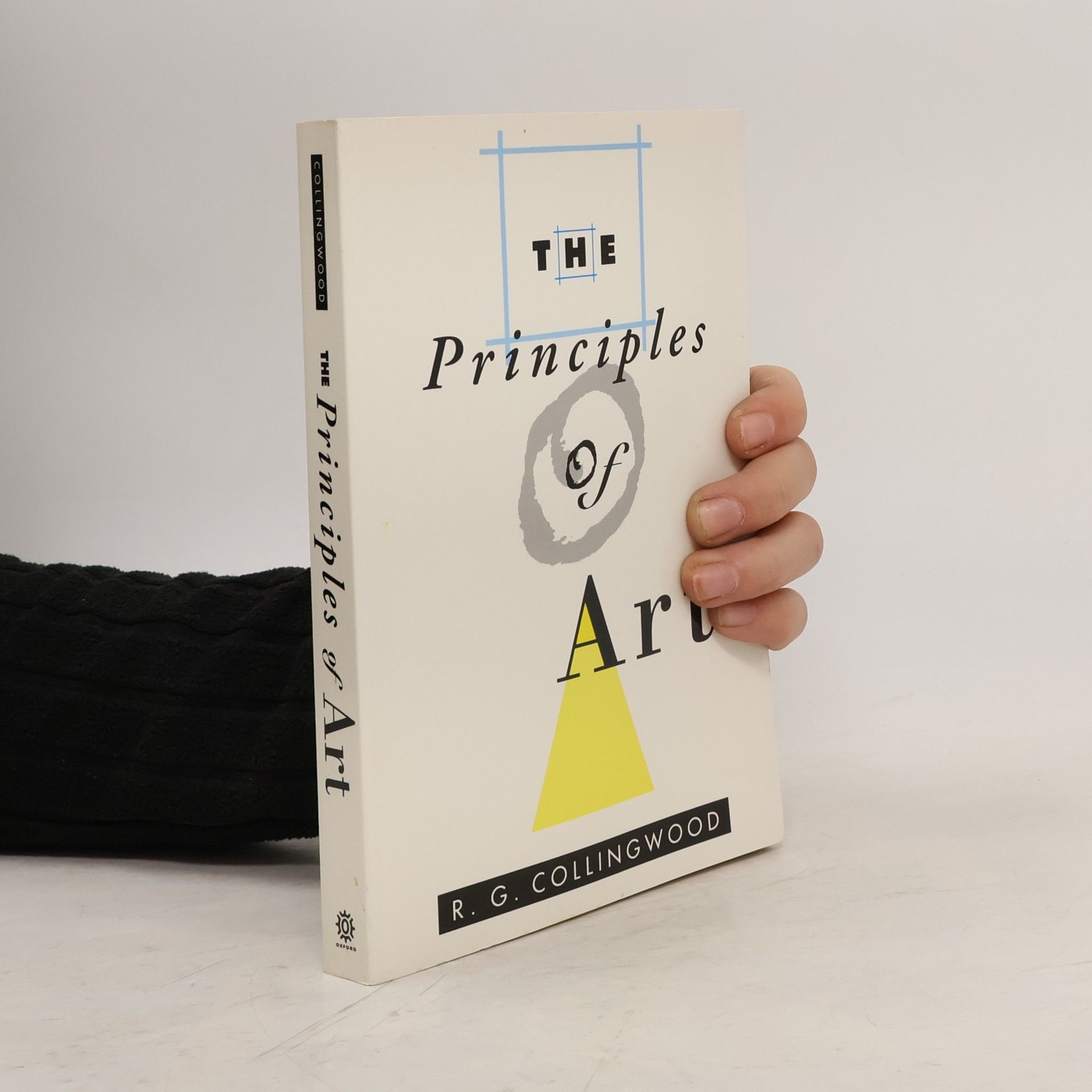The Principles of Art
- 364pages
- 13 heures de lecture
This treatise on aesthetics begins by showing that the word 'art' is used as a name not only for 'art proper' but also for certain things which are 'art falsely so called'. These are craft or skill, magic and amusement, each of which, by confusion with art proper, generates a false aesthetic theory. In the course of attacking these theories the author criticizes various psychological theories of art, offers a new theory of magic, and reinterprets Plato's so-called 'attack on art', showing that it has been entirely misunderstood. Finally, he draws important inferences concerning the position of art in human society.

